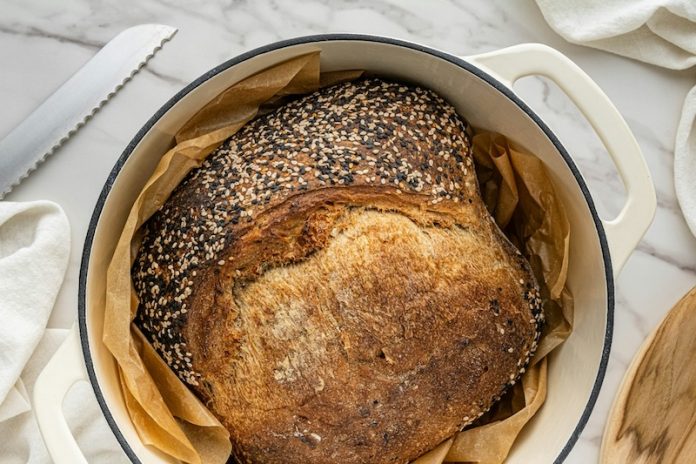
Managing blood sugar levels is important for everyone, especially people with diabetes or those at risk of developing it. High blood sugar can lead to serious health problems like heart disease, nerve damage, and kidney disease over time.
The good news is that research shows certain foods can naturally help lower blood sugar levels by improving the way the body processes sugar or reducing sugar spikes after meals. Here’s a look at some of the top foods for keeping blood sugar in check.
One of the best foods for managing blood sugar is leafy green vegetables like spinach, kale, and Swiss chard. These vegetables are packed with fiber, which slows down sugar absorption in the bloodstream.
They’re also very low in carbohydrates, making them a great choice for meals or snacks. Research has shown that people who eat more leafy greens have better blood sugar control and a lower risk of type 2 diabetes.
Berries, such as blueberries, strawberries, and raspberries, are another excellent option. Unlike sugary desserts, berries provide a natural sweetness along with plenty of fiber and antioxidants.
Studies have found that eating berries can reduce blood sugar spikes after meals by improving insulin sensitivity. They make a delicious addition to yogurt, oatmeal, or smoothies.
Whole grains like oats, quinoa, and brown rice are also helpful. These grains contain complex carbohydrates that are digested more slowly than refined grains like white bread or pasta.
This slow digestion prevents sudden blood sugar spikes. Oats, in particular, are rich in beta-glucan, a type of fiber that has been shown to improve blood sugar control and lower cholesterol.
Nuts and seeds are small but mighty when it comes to blood sugar management. Almonds, walnuts, chia seeds, and flaxseeds are great choices. They are high in healthy fats, protein, and fiber, all of which help stabilize blood sugar levels.
Research suggests that eating nuts regularly can lower fasting blood sugar and reduce the risk of heart disease, which is a common complication of diabetes.
Legumes, such as lentils, chickpeas, and black beans, are another excellent choice. These foods are rich in protein and fiber, making them very satisfying and effective at slowing down sugar absorption.
Studies show that eating legumes can lower blood sugar levels after meals and improve overall blood sugar control over time.
Fatty fish, like salmon, mackerel, and sardines, don’t contain carbohydrates but are rich in omega-3 fatty acids, which reduce inflammation and improve heart health. Since people with diabetes are at a higher risk of heart disease, adding fatty fish to your diet is a smart choice.
Research also suggests that omega-3s may improve insulin sensitivity, making it easier for the body to manage blood sugar.
Cinnamon is a spice that’s worth mentioning for its blood sugar-lowering effects. Research shows that cinnamon can improve insulin sensitivity and lower fasting blood sugar levels when consumed regularly. Adding a sprinkle to your coffee, oatmeal, or smoothies is a simple way to enjoy its benefits.
Finally, vinegar, especially apple cider vinegar, has been shown to help lower blood sugar levels after meals by slowing down the digestion of carbohydrates. Drinking a small amount of diluted vinegar before meals or using it as a salad dressing can make a noticeable difference.
It’s important to remember that while these foods can help, they work best as part of an overall healthy diet that includes regular exercise and proper portion control.
Avoiding sugary drinks, processed snacks, and refined carbohydrates is just as important as adding blood sugar-friendly foods to your meals.
By incorporating leafy greens, berries, whole grains, nuts, seeds, legumes, fatty fish, cinnamon, and vinegar into your diet, you can take significant steps toward better blood sugar control.
Small, consistent changes can add up to big health benefits, helping you feel your best and reduce the risk of diabetes-related complications. Always consult your doctor or a dietitian for personalized advice tailored to your needs.
If you care about diabetes, please read studies that MIND diet may reduce risk of vision loss disease, and Vitamin D could benefit people with diabetic neuropathic pain.
For more information about diabetes, please see recent studies that Vitamin E could help reduce blood sugar and insulin resistance in diabetes, and results showing eating eggs in a healthy diet may reduce risks of diabetes, high blood pressure.
Copyright © 2024 Knowridge Science Report. All rights reserved.



